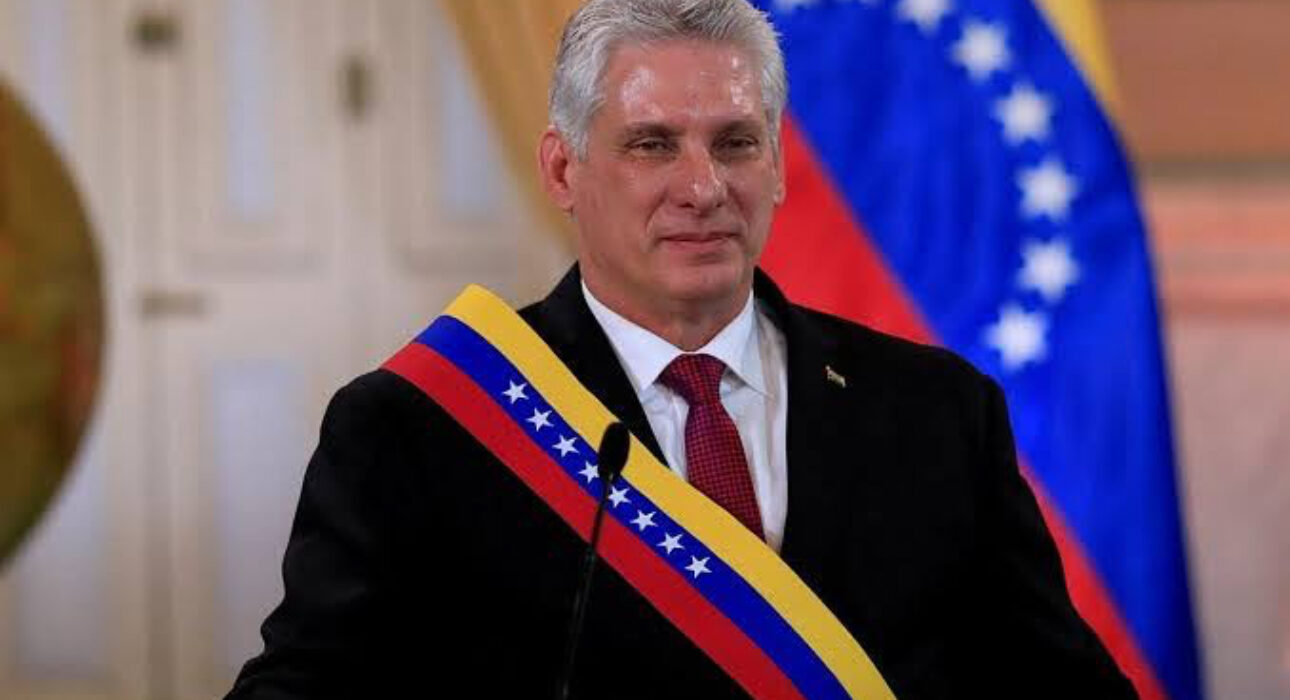Cuba Removes Presidential Age Limit in Major Constitutional Shift

In a significant political development, Cuba has officially removed the maximum age limit of 60 for presidential candidates seeking a first term in office.
The decision, approved by the National Assembly of People’s Power on July 18, 2025, marks a departure from the constitutional reforms introduced in 2019 and has stirred mixed reactions among citizens, political observers, and international analysts.
The amendment effectively abolishes Article 127 of the 2019 Constitution, which previously capped the age of eligibility for first-time presidential candidates at 60. While the minimum age requirement of 35 remains intact, and the two-term limit is still enforced, the elimination of the upper age restriction now opens the door for older figures—particularly veteran politicians and party loyalists—to contest for the country’s highest political office.
Government officials have justified the change on demographic and practical grounds. With Cuba’s population rapidly aging, proponents argue that experience and continuity are vital to the stability of the socialist system. However, critics believe the move is a calculated attempt to maintain control within the country’s ruling elite. It has been widely speculated that 94-year-old Raúl Castro, a long-standing figure in Cuban politics and member of the Council of State, may have influenced the proposal to ensure that aged but trusted revolutionaries remain politically viable.
The amendment was adopted without a public referendum, a move defended by the President of the Assembly, Esteban Lazo, who cited provisions in the constitution allowing certain reforms to be handled solely by the legislative body.
This decision has, however, drawn concern from civil society groups and international observers who argue that the change is too significant to bypass public input.
While the Cuban leadership maintains that the reform is in the nation’s best interest, many view it as a step backward from the promises of generational renewal and modernization made in 2019, when the original age limit was set to prevent the indefinite rule of aging leaders. The 2019 reforms were seen as a symbolic break from the Castro era, intended to usher in a younger and more dynamic leadership class.
Now, with the constitutional barrier removed, speculation is mounting over who might contest in future elections, and whether current president Miguel Díaz-Canel, who turns 65 this year, will seek another term or clear the way for older figures from the revolutionary generation to return to prominence.
The broader implications of the amendment are being closely watched. While it theoretically expands the pool of eligible candidates, many believe it entrenches the status quo rather than opening the political space. In a one-party state where the Communist Party remains the sole legal political entity, critics argue that this change serves more to preserve power than to democratize it.
As Cuba continues to face economic hardship, rising emigration, and calls for political reform, the decision to abolish the presidential age limit will likely fuel further debate about the future of governance on the island and the balance between stability and change.








